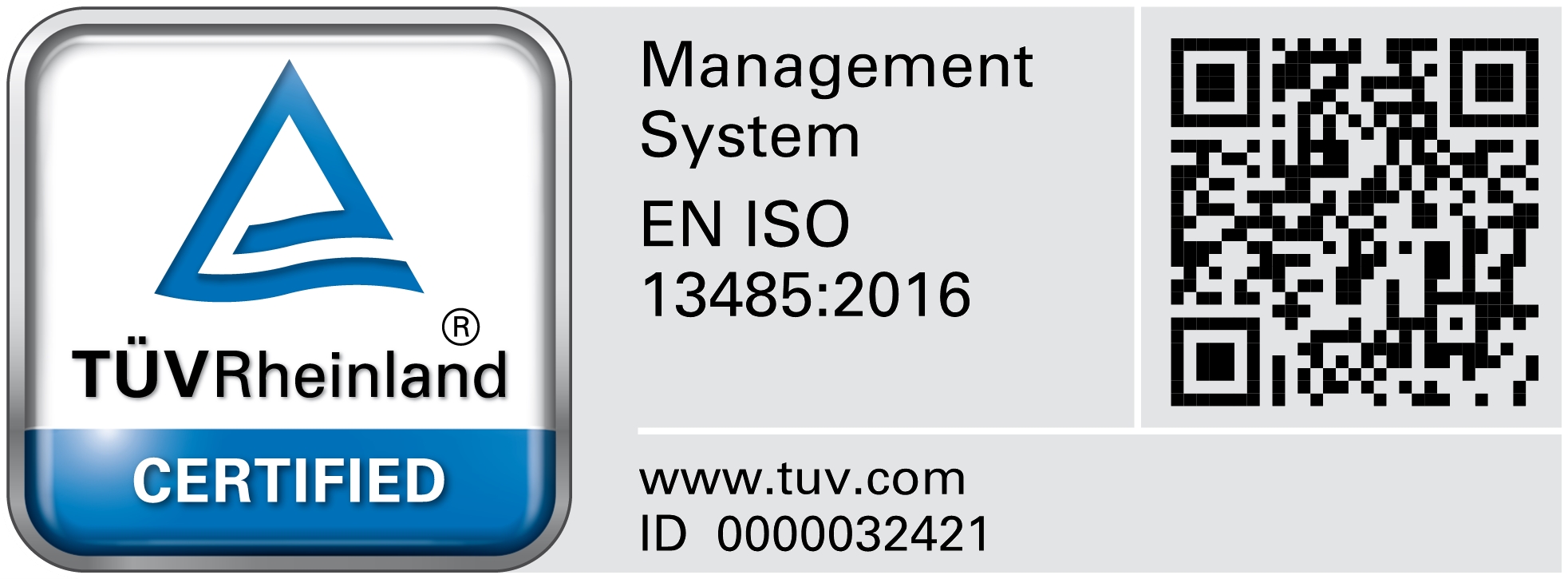KeimOUT
KeimOUT: Schnell-Nachweis multiresistenter Keime
Rapid diagnosis of multi-resistant bacteria
Every year, over 600,000 hospital patients in Germany become infected with so-called nosocomial pathogens, which are increasingly resistant to treatment with conventional medicines. This causes great suffering and burdens the economy with around 1.3 billion euros annually. Studies suggest that more than 60% of infections are potentially preventable, but these fail due to inefficient diagnosis of the the germs in time. A prerequisite for improving the situation is therefore that new technologies are developed which deliver results quickly and are feasible on site without the need for labor-intensive laboratory infrastructure.
The culture-based detection, i.e, measuring the growth of cells under appropriate conditions is now the gold standard for the detection of drug-resistant pathogens. Since conventional methods for the measurement of cell growth require relatively large populations, an increase on nutrient media over a period of 24 to 48 hours is usually unavoidable. For example, it is recognized that hospitals with their own microbiology laboratory are systematically infected by almost 100% more infections than hospitals whose nearest laboratory is located in another city. Complete routine controls would be necessary to prevent infection, but are not practical in today’s healthcare system and with existing methods.
The novel combination of photonic and micro / nanotechnological approaches, which are being investigated within the scope of this project, can in principle reduce the time for a reliable detection and the measurement of resistance profiles to a few hours. The procedure can be used without complex laboratory infrastructure and specially trained personnel. This creates the conditions for routine use at the wards of hospitals or in medical practices and ambulances. The thereby possible screens at critical locations, e.g. in hospitals, could lead to healthcare savings of over € 1 billion annually.
The research of the Max Planck Institute for Biophysical Chemistry, Göttingen and the Institute of Microtechnology at the Technical University of Braunschweig sets the scientific foundations for a highly sensitive, label-free analysis technique based on diffractive optics and micro- / nanofluidics. The company PCO AG develops a highly dynamic 2D detector technology. The Institute for Informatics OFFIS of the University of Oldenburg is researching the evaluation algorithms, and the company MicroDiscovery GmbH integrates all new types of hardware and software components into a powerful overall system. LIONEX GmbH develops growth parameters for short-term measurement of resistant hospital germs and takes over product development, certification, and marketing after the project ends. This can later be handed over to a newly founded company. At launch, at least 10 highly qualified jobs are expected to be created immediately. Furthermore, a cumulative sales increase of the participating companies by a total of about 15 million euros can be expected annually, with a long-term market potential of 110 million euros.
COORDINATOR
Prof. Dr.Mahavir Singh
Lionex GmbH
Salzdahlumer Str. 196, 38126Braunschweig
+49 531 2601-266
PROJECTPARTNER
Max-Planck-Institut für biophysikalische Chemie, Göttingen
MicroDiscovery GmbH, Berlin
OFFIS e. V., Oldenburg
Technische Universität Carolo-Wilhelmina zu Braunschweig
PCO AG, Kelheim
Funded by:
If you have any question please contact us
Lionex
© 2018 Lionex GmbH
Last update: Lionex GmbH
LIONEX GmbH
